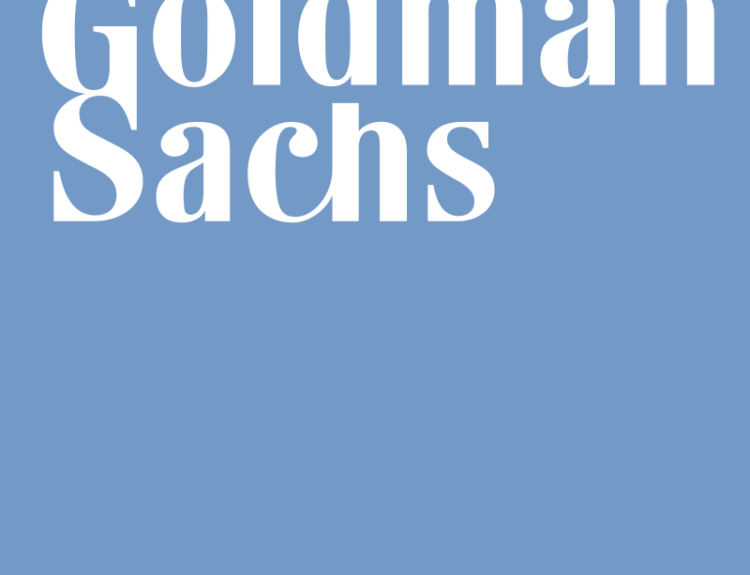Traders anticipate potential rate cuts in the near future
- ECB expected to hold rates at record highs this week
- Policy pivots by big central banks are coming
- Traders see low chance of rate cuts by ECB, Fed, and Bank of England
- Next few meetings considered potentially ‘live’ for rate cuts
- ECB President Lagarde to set tone for potential pivots
- Analysts expect Lagarde to maintain current position on inflation
- Easing of policy may not come until the summer
- ECB’s decision supported by reduced impact of previous rate rises on bank lending
- Goldman Sachs predicts rate cut in April
- German 2-year bond yield little changed amid hopes for ECB pivot
The European Central Bank (ECB) is expected to hold interest rates at record highs this week, while policy pivots by other major central banks are on the horizon. Traders see a low chance of rate cuts by the ECB, the US Federal Reserve, and the Bank of England in their upcoming meetings. However, the next few meetings are considered potentially ‘live’ for rate cuts, with the Fed and the market speculating on cuts in March and the ECB in June. ECB President Christine Lagarde will set the tone for these potential pivots. Analysts believe that Lagarde will maintain her current position on inflation and may not provide clues on when a rate cut may occur. They expect an easing of policy to happen in the summer, as long as the ECB projects inflation above 2% for 2025. The ECB’s decision to hold rates may be supported by the reduced impact of previous rate rises on bank lending. Goldman Sachs predicts a rate cut in April, citing lower core inflation, easing wage growth, and less impact on inflation from the Middle East conflict. The German 2-year bond yield, a eurozone short-term benchmark, has remained relatively stable amid hopes for the ECB pivot.
Public Companies: European Central Bank (ECB), U.S. Federal Reserve (Fed), Bank of England (BoE), Bank of Japan (BoJ)
Private Companies:
Key People: Christine Lagarde (ECB President), Mohit Kumar (Chief European Economist at Jefferies), Arnaud Marès (Chief European Economist at Citi), Sven Jari Stehn (Goldman Sachs Economics Team), George Moran (Nomura Team)
Factuality Level: 7
Justification: The article provides information about the upcoming European Central Bank meeting and the likelihood of interest rate cuts. It includes quotes from economists and analysts, as well as data from surveys and forecasts. However, there is some speculation and differing opinions presented, which may affect the overall factuality of the article.
Noise Level: 4
Justification: The article provides some analysis of the current monetary policy situation and speculates on potential rate cuts by central banks. However, it contains a lot of repetitive information and quotes from analysts without providing much new insight or evidence to support its claims. It also goes off-topic by mentioning the impact of war in the Middle East on inflation, which is unrelated to the main topic of the article.
Financial Relevance: Yes
Financial Markets Impacted: The article discusses the monetary policy decisions of central banks, including the European Central Bank (ECB), the U.S. Federal Reserve, and the Bank of England. These decisions can have a significant impact on financial markets, including interest rates, currency exchange rates, and investor sentiment.
Presence of Extreme Event: No
Nature of Extreme Event: No
Impact Rating of the Extreme Event: No
Justification: The article primarily focuses on monetary policy decisions and their potential impact on financial markets. There is no mention of any extreme events or their impact.
 www.marketwatch.com
www.marketwatch.com 




